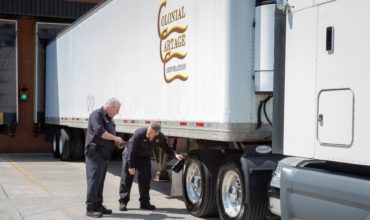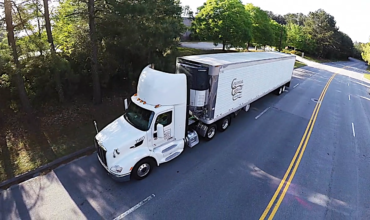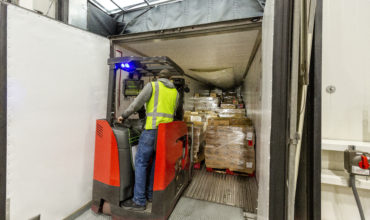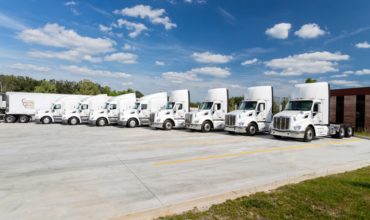
8/07/2025
How to Avoid Bottlenecks in Shipping
Much like morning commuter traffic, bottlenecks along the supply chain are inevitable. Unexpected…
Read More
7/24/2025
Understanding FMCSA’s Standards and Regulations
The Federal Motor Carrier Safety Administration (FMCSA) sets regulations and standards to ensure…
Read More
7/10/2025
Become a Truck Driver at Colonial Cartage
A new year offers new opportunities for change and growth.Finding new employment isn’t…
Read More
6/26/2025
Temperature-Controlled Shipping: What You Need to Know
Temperature-controlled shipping is essential for safely transporting sensitive goods that require specific temperatures…
Read More
6/12/2025
Preparing for Peak Shipping Season
In retail, maintaining a consistent supply is crucial for business success. Ensuring products…
Read More